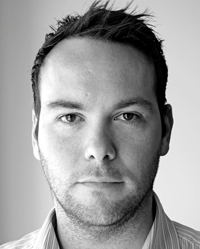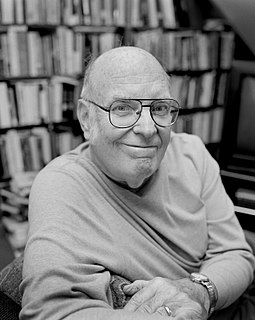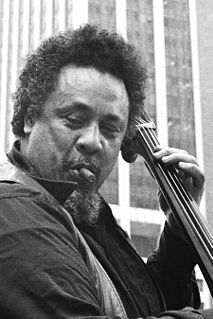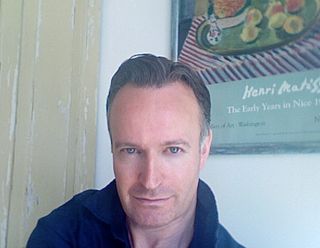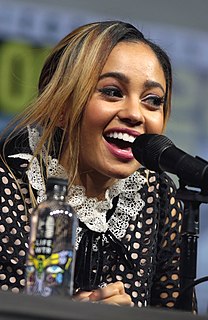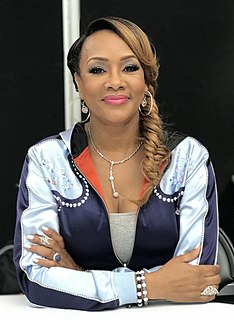A Quote by Joe Morton
'Black film,' unless it's lucky enough or creative enough, or timely enough to build a life of its own, hangs subjacent to 'white film' on Hollywood's financial score board... aided and abetted by the supposition that so-called black film has no foreign market.


